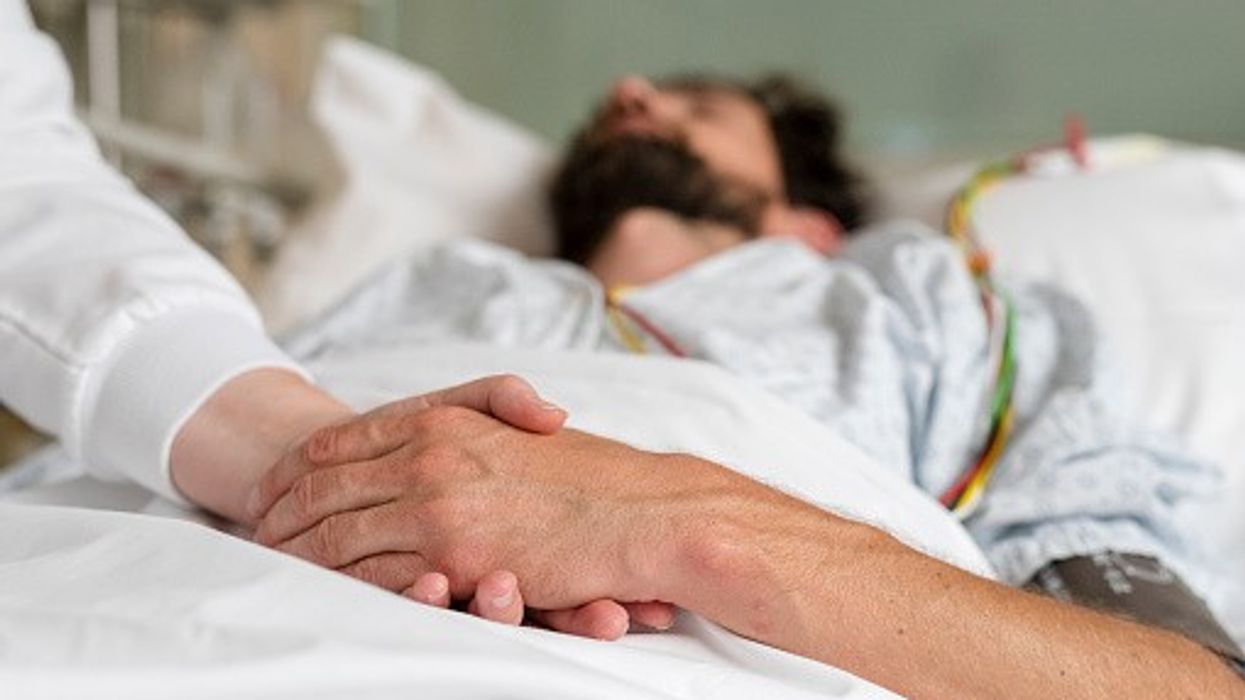RPS says that the ability of pharmacists to conscientiously object to Assisted Dying is essential
The Royal Pharmaceutical Society (RPS) has taken a neutral stance on the Assisted Dying for Terminally Ill Adults (Scotland) Bill but underscores that pharmacists should have the right to refuse involvement in the process.
The Bill, introduced to the Scottish Parliament by Liam McArthur MSP as a Private Members Bill, could make Scotland the first UK nation with assisted dying legislation if it passes into law.
This week, the RPS in Scotland released its consultation response to the Scottish Parliament’s Health, Social Care, and Sport Committee regarding the Bill, and made it clear that “the ability of pharmacists to conscientiously object to assisted dying is essential.”
The Society emphasised that “all pharmacists should have the right to take part, or not take part in the process, depending on their individual religious, moral or ethical beliefs.”
In its response, the RPS has also advocated for the inclusion of an opt-in section within the Bill.
“Pharmacists should only be taking part in this process, whether directly or indirectly, where they are comfortable to do so,” it said, noting that “this would not only support individual healthcare professionals but would also ensure the best patient care and experience.”
Furthermore, the RPS has called for greater clarity in the proposed role of the pharmacist in the assisted dying process.
“In the Bill as drafted, a pharmacist may be present in some circumstances but not in others. There should be clarity and consistency throughout the process,” the Society noted.
As the draft Bill progresses through scrutiny by the Health, Social Care and Sport Committee and the legislative process, the RPS Scotland plans to continue presenting its views to MSPs and stakeholders throughout the country.













